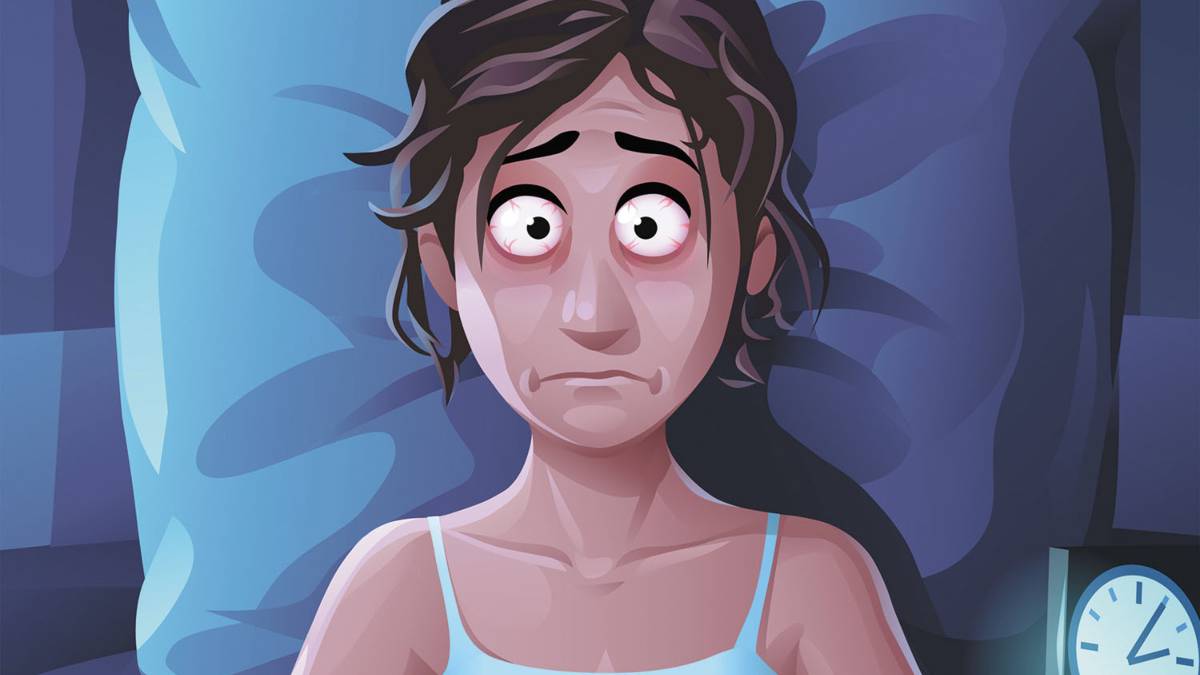Lack of sleep could appear to be completely innocuous, nonetheless, it has a great impact on the health of a person in the long run. As sleep specialists point out, irregular late nights continue to throw off the body’s natural circadian rhythm and result in numerous health issues.
This means that one of the biggest effects, or result, of going to bed late is the lack of sleep. On average, adults need about 7 to 9 hours of sleep each night to maintain good health. Infrequent soaks at night usually cut down sleeping hours during the night resulting in tiredness, less concentration and bad decisions during the day. Long-term sleep deprivation is known to lead to more severe diseases including heart illnesses, obesity, and compromised immune function.
Also Read: Beat The Flu With These Essential Health Tips
They also have an impact on the head. Research has proven that people who go to bed later in the night are likely to suffer from anxiety, depression and mood swings. The loss of sleep can mean a decrease in serotonin production, a mood stabilizer, and an increase in cortisol, the stress hormone.
Eating at night especially when you go to bed late also results in acid reflux, indigestion and even weight gain. Also, the body’s mechanism of repair and detoxification that are processed during deep sleep will mostly be hindered and the immune response will also be hampered.
Two important concepts to consider are sleep inertia and social jetlag. Nightwork affects working and social schedules and weakens the body making it hard to wake up early for work or earns and other activities, weakening the body and making it even harder to adhere to certain health standards.
Also Read: Six Low-Calorie Breakfast Options That You Can Consume Everyday
To avoid these effects one should maintain a regular sleep-wake cycle, avoid using electronic devices before going to bed and use a pre-sleep routine. The main idea is to regulate one’s sleep to the circadian rhythm to improve his/her health.
Ultimately, the focus on transitioning to an earlier bedtime is not solely about getting more sleep; it is about taking proactive steps toward a healthier and more fulfilling life.













